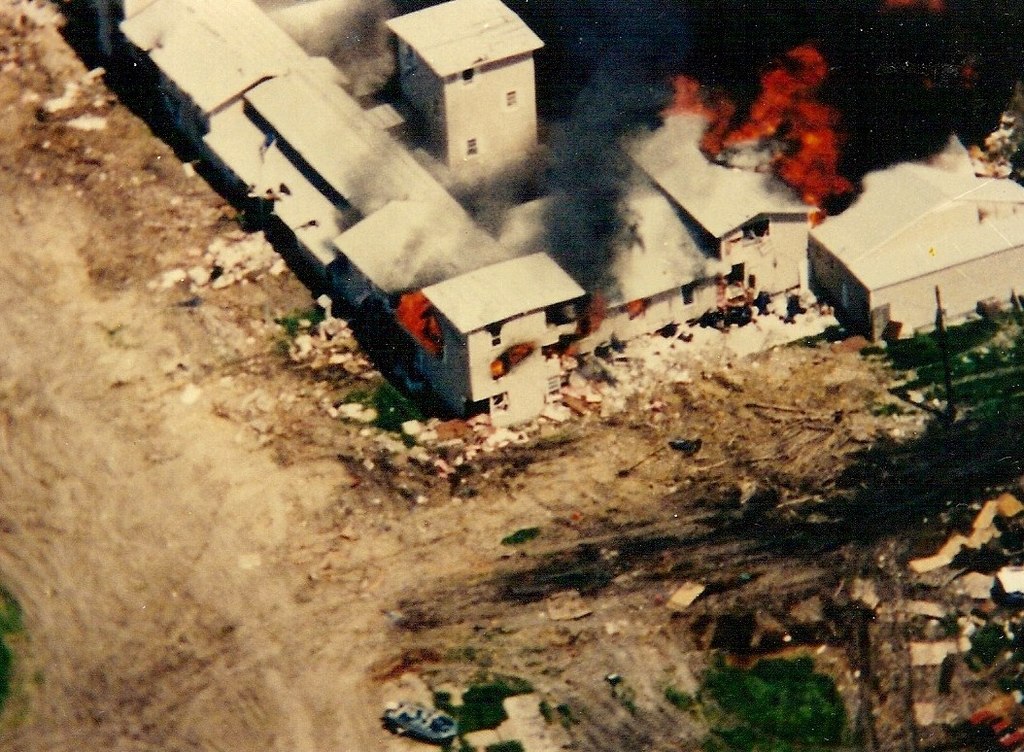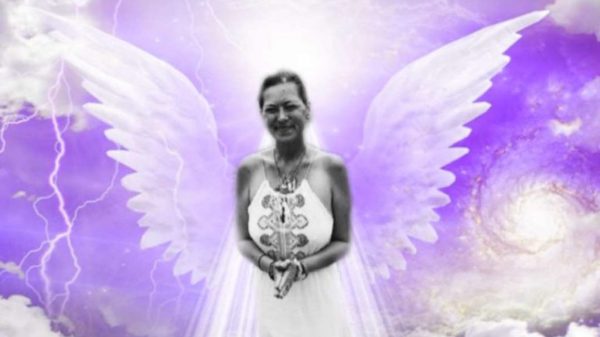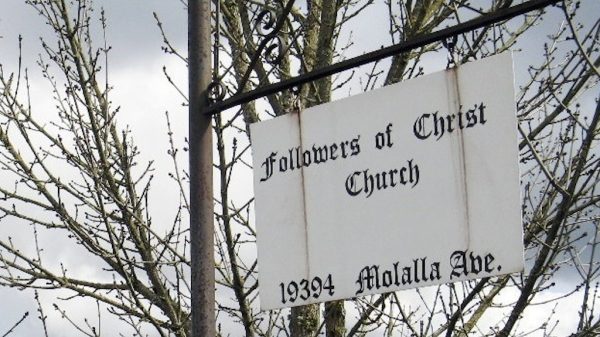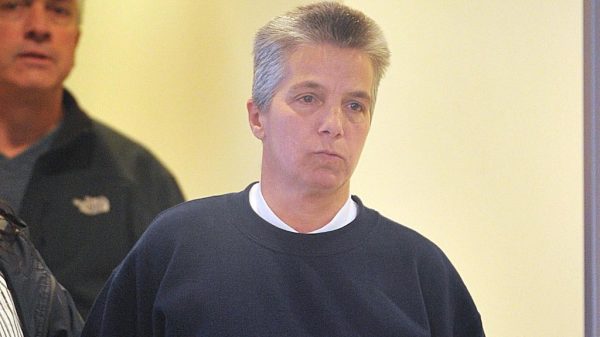1968, Rishikesh, India.
The four Beatles are sat at the foot of a man whose legs are bound in a lotus pose. His eyes are shut in and his face still mantric contemplation. They have come to the ashram of the Maharishi Mahesh Yogi to study his teachings of Transcendental Meditation. Like the generation to whom they have acted as lodestones, they are in search of an alternate spirituality Joining them are folk-singer Donovan, Beach Boy Mike Love and actress Mia Farrow, fresh from wrapping up production on Rosemary’s Baby. Here, among the emerald foothills of the Himalayas, aglow with dazzling pink dahlias and yellow laburnum, these artists sought a way to confront their egos and to step outside the cults of celebrity they found themselves at the centre of.
Much has been written about the Beatles – and more importantly Mia Farrow’s – disillusionment with the Maharishi. They began to suspect he was using their fame to elevate his position and gain more followers. And using his position to gain access to the bodies of the women among them. It seemed that, rather than stumbling across a practical way of approaching spiritual growth, what they found was simply another person using a position of power to prey, exploit and self-aggrandize. It seemed that the Maharishi wanted little more from TM than to reap the benefits of his position at the centre of the movement.
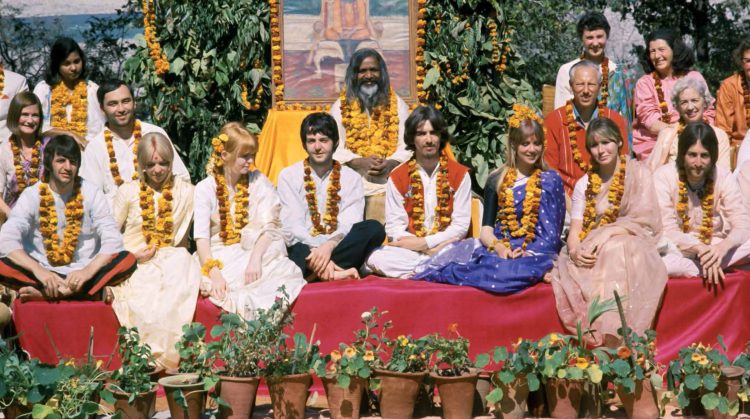
1969, Los Angeles, California.
Charles Manson only ever wanted to be famous. He had seen the gurus down in Haight-Ashbury work their charms on the addled minds of the flower children during the Summer of Love. The Jesus Freaks, the Satanists, the yogis and the tinfoil preachers who pointed to the sky. He knew that they were, like him, little more than pimps. He saw the way they mimicked Dylan or McCartney, pulling out a guitar to croon out hymns of unity, love and the God they believed they had found. Manson was a songwriter, too. And a singer. To his mind a damn better one than any of them at that. He wasn’t alone in his generation in recognizing that the distinction between guru and rock star was fast becoming tenuous. It was the time of the season.
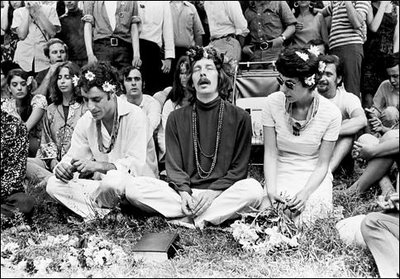
The dust was whirling at Spahn Ranch where his Family now convened. He had amassed his loyal following, they all dug his songs. They had by now recorded a collection of them, the ball had begun to roll. Even Neil Young had heard the Family sing.
“The guy is unbelievable,” Young later told Mo Ostin of Warner Brothers Records. “He makes the songs up as he goes along, and they’re all good.”
The Beach Boy’s drummer, Dennis Wilson, had sang and dropped acid with Family. He had assured the Family he could secure them a record deal. Wilson’s friend, the record producer Terry Melcher, had promised to grant Manson an audition and yet had failed to show up at the Ranch at the appointed time. Dejected by the sight of his falling star, Manson plotted revenge and he knew where Melcher lived. He had been there, once; and to another house where he had attended a party with the producer a year before. But what Manson didn’t know was that Terry Melcher didn’t live there anymore.
The Beach Boys record Manson’s “Cease to Exist” with altered lyrics.
Two cases of of mistaken identity lead to the brutal murders of seven innocent people, including the actress and wife of Rosemary’s Baby director Roman Polanski, Sharon Tate. The crime scenes were defaced with writing in the victims’ blood; phrases that referenced songs on the recently released White Album by the Beatles. Songs that had been partly written and conceived whilst the musicians were on staying at the Maharishi’s ashram. To Manson the music was, quite literally, a revelation.
He found that many of the songs (specifically Rocky Raccoon, Blackbird, Piggies, and of course, Helter Skelter) seemed to speak directly to him. In Manson’s mind they told of a coming race war where the black population would rise up and overthrow the whites. The Family was promised security as they were to hide out through this apocalyptic battle inside the hollows of the earth. They would emerge as semi-divine beings who would enslave the warring blacks and reign triumphant as kings of a new millennium. This he preached after plying his followers with LSD and playing the record on near-constant repeat. It served as convenient cover for the dream of fame he had promised his followers which now was shattering before their hazy eyes.
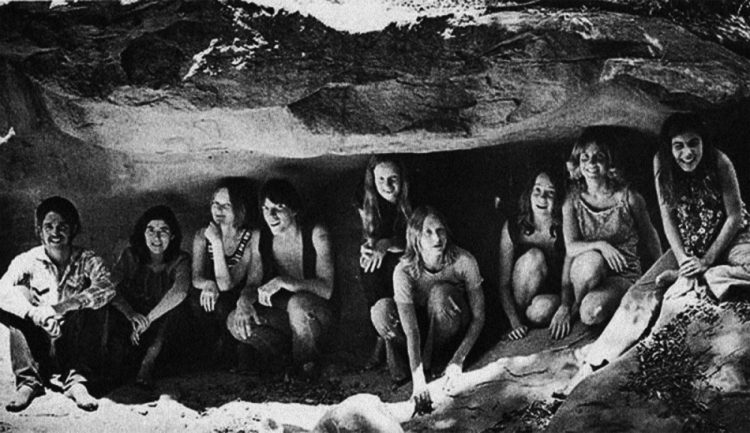
Charles Manson’s own songs did not directly reference his racist and misogynistic cosmology, he left that to the songwriting team of Lennon/McCartney. However, his uncanny ability to manipulate the (especially) young women of his group can be heard in lyrics to his song Look at Your Game Girl: “Think you’re loving baby, but all you’re doing is crying… Are those feelings real?”
1971.
David Koresh would have been twelve years old, still called Vernon Howell, and living with his adoptive parents, when the television and radios lit up with the media blitzkrieg of the Manson trial. Years later he would find himself sporting long hair, strumming a guitar and leading various bands, including one called Messiah. Soon after that he would find himself as the messianic figure at centre of the Branch Davidians, a Christian millenarian off-shoot of the Seventh Day Adventists. Here he used his image and music to gain a similar following of the young and wayward, with a preference towards young and wayward women.
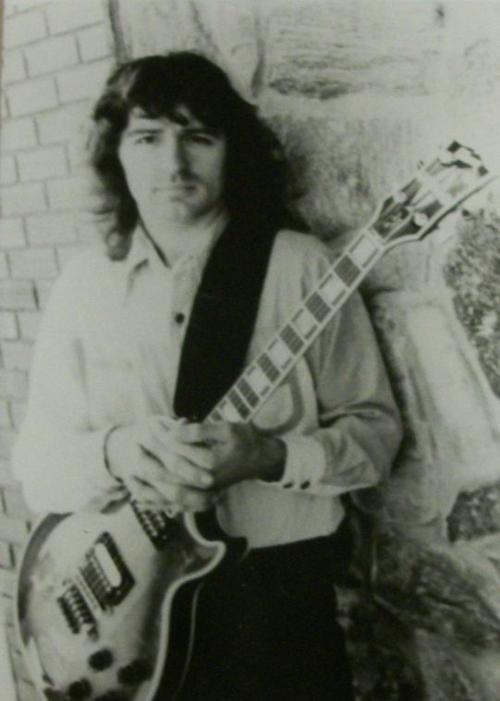
Koresh was another man whose megalomania and misogyny cut him out for either rock stardom or death cult. The group, in preparation for an apocalyptic war, stockpiled weapons and fortified their compound of Mount Carmel. When a schism in the church lead to sectarian violence, and rumours began circulating of sexual abuse and child abuse, the U.S. government intervened.
1993, Waco, Texas.
Koresh’s star was ascending with the release of his three-song CD, and the massive, fifty-one day siege carried out by the ATF that claimed both his life and the lives of seventy five other cult members and government agents. Songs like Madman of Waco (referring, not to himself but rival prophet George Roden) he sings “We don’t want to hurt anybody, just set our people free”, likening the Davidians to the Hebrews and himself to Moses staring down Pharaoh’s legion. In light of all that happened, the lyrics to this synth-heavy, heartland rock song strike a terrifyingly portentous note.
In the list of things that John Lennon doesn’t believe in, as sung in the triumphant closing bars of God, he includes mantra, yoga, Hitler, Kennedy and the Beatles, ending with ‘I just believe in me…”. Lennon, who found himself at the centre of one of the world’s most rabid and enduring cults, was perhaps trying to distance himself from the image of Aquarian guru that so many people believed him to be. After all, who else knew better than him that sometimes the only thing required to win the devotion of the young and the lost is a song.

